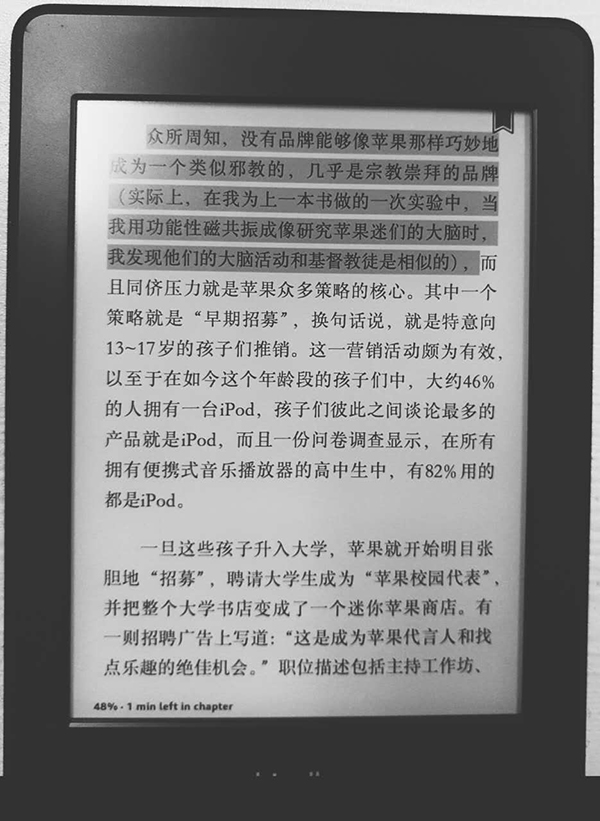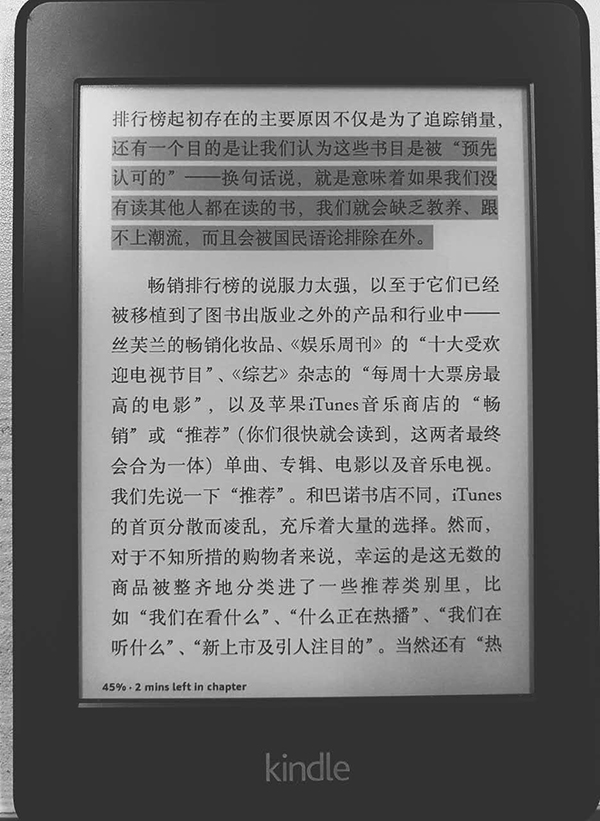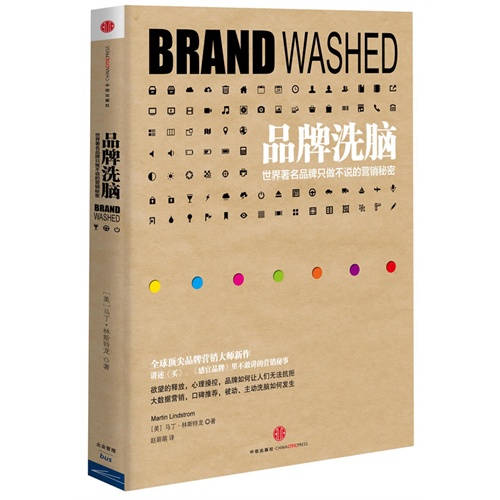Little book-turning party: It turns out that the brain activity of "fruit powder" is similar to that of Christians.
The "Little Book-turning Party" is a sub-column of the "Book-turning Party" in The Paper: reading the knowledge in books in a well-documented way.
In the hit drama Ode to Joy, almost all the protagonists use Apple phones, except Qiu Yingying, who seems to have a replacement Android phone. We don’t know whether Apple also paid the advertising fee for this play, but it’s not surprising if there are a group of people around you who are using Apple phones, and everyone may encounter one or two "fruit fans" who are obsessed with Apple products and act as "free salesmen".
Martin Lindstrom of marketing guru said in his "brand brainwashing" that "fruit powder" is actually similar to Christians.
His exact words are as follows:
As we all know, no brand can become a cult-like, almost religious worship brand like Apple (in fact, in an experiment I did for my last book, when I studied the brains of Apple fans with functional magnetic resonance imaging, I found that their brain activities are similar to those of Christians), and peer pressure is the core of many Apple strategies. One of the strategies is "early recruitment", in other words, it is to sell it to children aged 13-17. This marketing activity is so effective that about 46% of the children of this age now own an iPod, and the product that children talk about most among themselves is the iPod, and a questionnaire survey shows that 82% of all high school students with portable music players use the iPod.
Once these children entered the university, Apple began to openly "recruit", hired college students to become "Apple campus representatives" and turned the whole university bookstore into a mini-Apple store. One job advertisement said, "This is a great opportunity to be an Apple spokesperson and have some fun." The job description includes hosting workshops, organizing activities, and establishing good relations with students, faculty and students’ parents. The most important thing is, "You will cooperate with the Apple team to implement marketing projects on campus, including promoting sales and raising the awareness of Apple products … We need a leader who can inspire peers and cooperate with student organizations."
This copy is very clever: who doesn’t want to think of himself as a leader, a trendsetter and a person who can inspire his peers? I would like to add that if you often go to the movies, you may think that people all over the world use Apple products-this is a victory that combines product implantation and peer pressure. In 2009, almost half of Hollywood movies-about 46%-featured Apple or Apple products. Although it is generally believed that this behavior does not involve money transactions, there is no better way to expose advertisements and brands.
Well-documented:

Martin thinks that Apple has obviously taken advantage of people’s psychology: it succumbs to some potential "peer pressure", that is, people want what others want. And the more obvious the needs of others are, the more we want what they have. According to Martin, this is what advertisers and marketers have known for a long time.
Black Friday and "11.11" snapping up may also take advantage of this psychology:
This fear of’ if someone else takes it, we will miss it’ drives fanatics to queue up at 4 am, just to get the latest iPad2 or a pair of UGG wool boots with rare colors, and this is why a bargain hunter was trampled to death outside Wal-Mart on Long Island on a black Friday a few years ago. If you bid for goods on eBay, you are likely to fall victim to this trap unconsciously. If there is only one product (for example, there is only one penguin tea set in the world), then the fear that’ others may easily get a set of mugs with orange beaks’ will drive people to raise the bid price exponentially-and pay a price far beyond the value of the product.
Martin thinks that the bestseller list also takes advantage of "peer pressure":
To know how much strangers’ preferences and purchases affect our decisions, just look at the leaderboard phenomenon. Imagine you walk into a large chain bookstore as big as a football field. Faced with a large number of choices, it is still quite risky to spend $27.99 on a novel or memoir that you later find hard to read. But wait, what’s on the independent shelf on your right? This week’s "Best-selling List of The New York Times", including fiction and non-fiction, has more than 20 books in total. Subconsciously, you think, "If so many people buy this book, it must be a good book", and then you think, "If so many people are reading this book, won’t it be out of date if I don’t read it?" Now, you not only avoid the pain of going through four floors and not knowing how to start, but also get the recognition of your peers who buy books. This is not a happy coincidence in the publishing industry. In fact, although publishers want you to believe the contents of the list, the main reason why the best-selling list existed at first was not only to track sales, but also to make us think that these books were "pre-approved"—in other words, if we didn’t read the books that everyone else was reading, we would be ill-educated, unable to keep up with the trend, and would be excluded from the national language theory.
Well-documented:

More interestingly, Martin found that even if consumers are "used", they still think that their buying behavior is rational:
Of course, we don’t always realize that the perceived popularity of goods affects our preferences. Recently, I asked 10 female fans in louis vuitton in a focus group: "Why do you like this brand so much?" Everyone mentioned the quality of zippers, leather and brand immortality. I am doubtful about that. So we scanned the brains of these 10 women with functional magnetic resonance imaging. Every time we show them pictures of louis vuitton products, the "Brodmann area 10" in the brain will be lit up, which will be activated when people see something they think is "cool". These women rationalize their buying behavior and tell themselves that they like this brand because of its high quality, but their brains know that they actually make choices because they are’ cool’. Even the brain can’t stand the fact that we are excluded, which seems to indicate that whether it is "hot" songs, "that" gifts or "trendy" designer handbags, what we finally buy has nothing to do with what we want, but more of what we think we should.
But the most interesting thing is that Martin found that even marketers themselves will fall into this trap:
For example, the planner of every advertising company I know (in most European advertising companies, this position is to do consumer research) has a beautiful Moleskine leather notebook. This was not sent when they joined the company; It has become an unwritten rule that every planner of an advertising company must own one and use it. If you don’t, it means that you are isolated and not an insider.
Book shadow:
